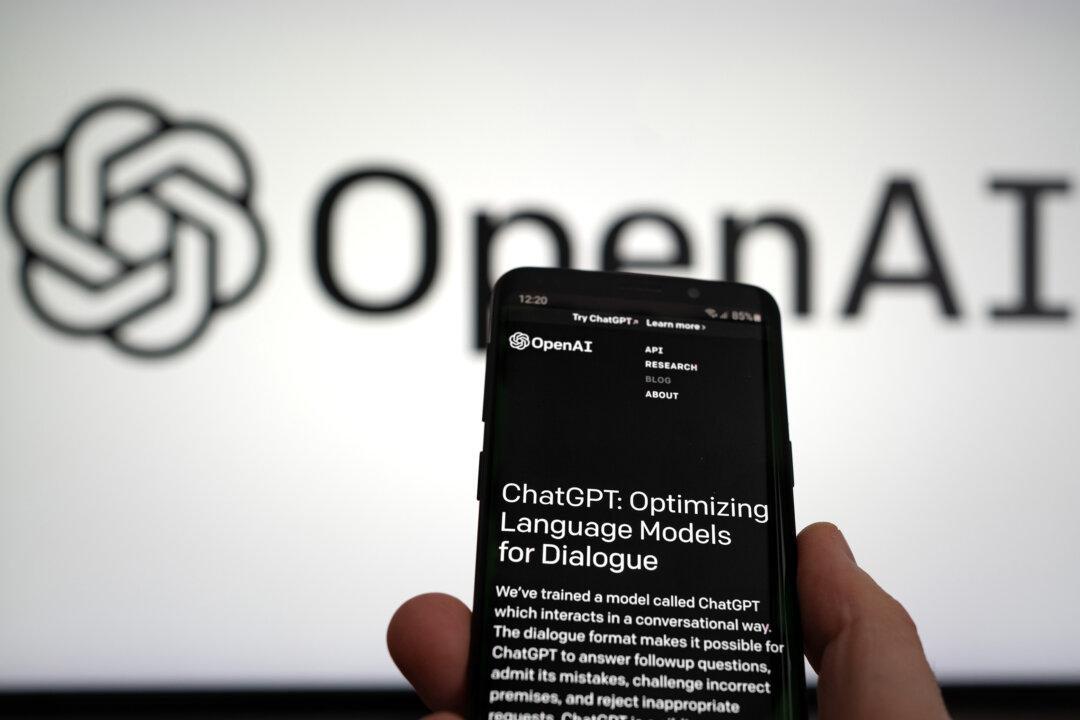The Australian Medical Association (AMA) is calling for stronger regulations and transparency around the use of artificial intelligence (AI) in the healthcare industry after doctors in Perth were ordered to cease using ChatGPT to write patient medical notes.
In a submission (pdf) to the federal government on July 25, the AMA said that Australia is behind countries, such as Canada, the United Kingdom, and the European Union, in AI regulations and that rules need to be put in place to protect the privacy and safety of patients and healthcare professionals.





